Course Information
We are currently reviewing our junior school curriculum to ensure that we are keeping pace with changing needs.
Religious Studies
All students take part in the Religious Education Programme, which aims to help students understand the history, beliefs and practices of the Catholic Church. The Syllabus has been approved by the Bishops of New Zealand. All students are expected to participate fully in these classes.
School Masses are held monthly throughout the year and also to mark events of significance to the School or the Church, with class and Year level Masses and Liturgies being held to highlight important dates in the school year.

Year 9 Curriculum
A general education is provided for all Year 9 students, allowing them to gain a basic knowledge of English, Mathematics, Science, Social Studies, Health, Physical Education, and Religious Studies. Our review will help us to determine which of the following subjects will be compulsory and which will be optional: Music, Computing, Art, Te Reo Māori, Japanese, Technology (Hard Materials), Technology (Soft Materials), Electronics, Drama, Eating for Health, Graphics and Horticulture.
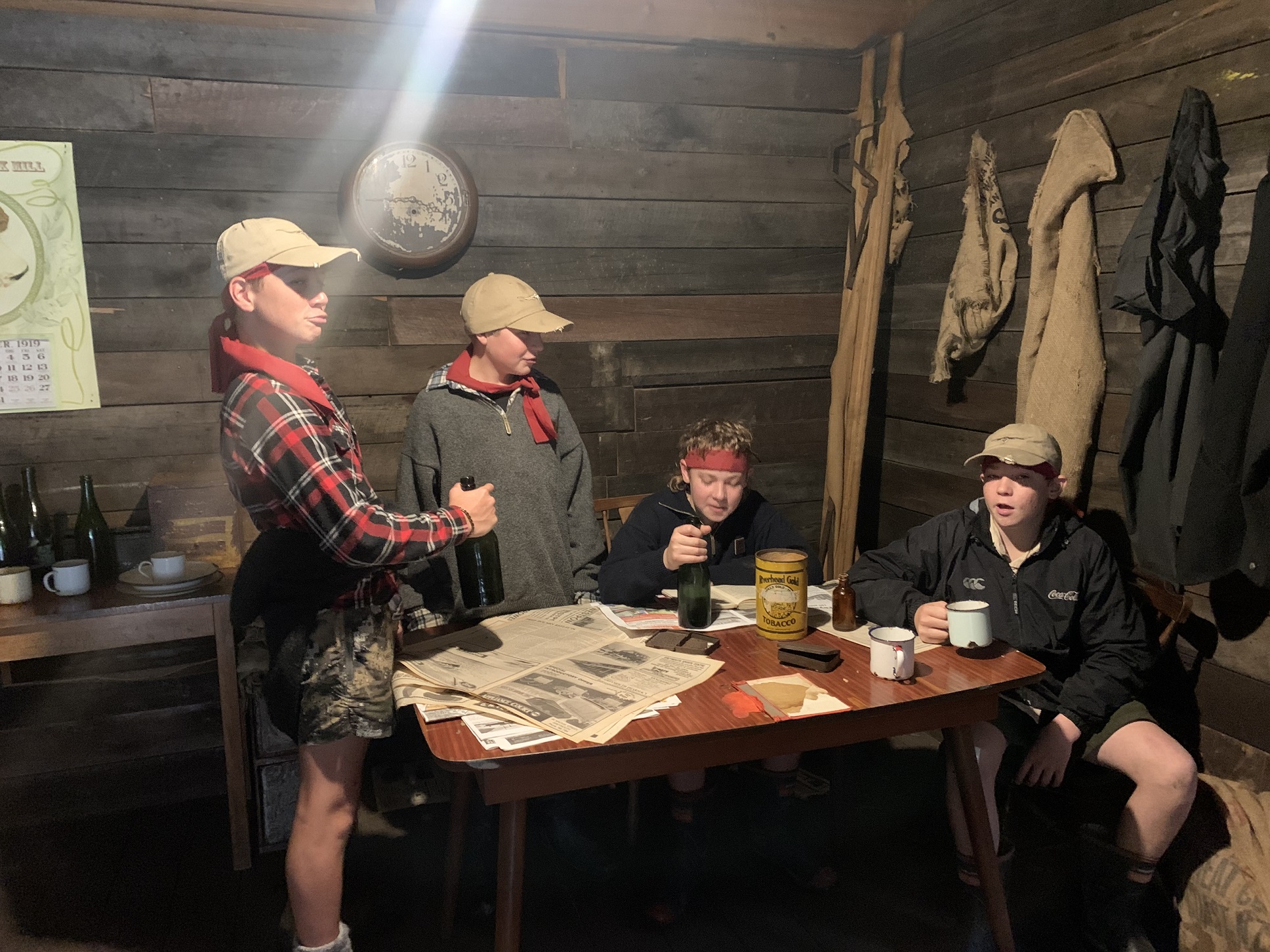
Year 10 Curriculum
Students at this level must follow a course of study in the core subjects of English, Mathematics, Science, Social Studies, Health, Physical Education and Religious Studies. Option choices currently include Graphics, Japanese, Music, Computing, Art, Te Reo Māori, Drama, Horticulture, Technology (Production & Processes), Technology (Hard Materials) and Food Technology.
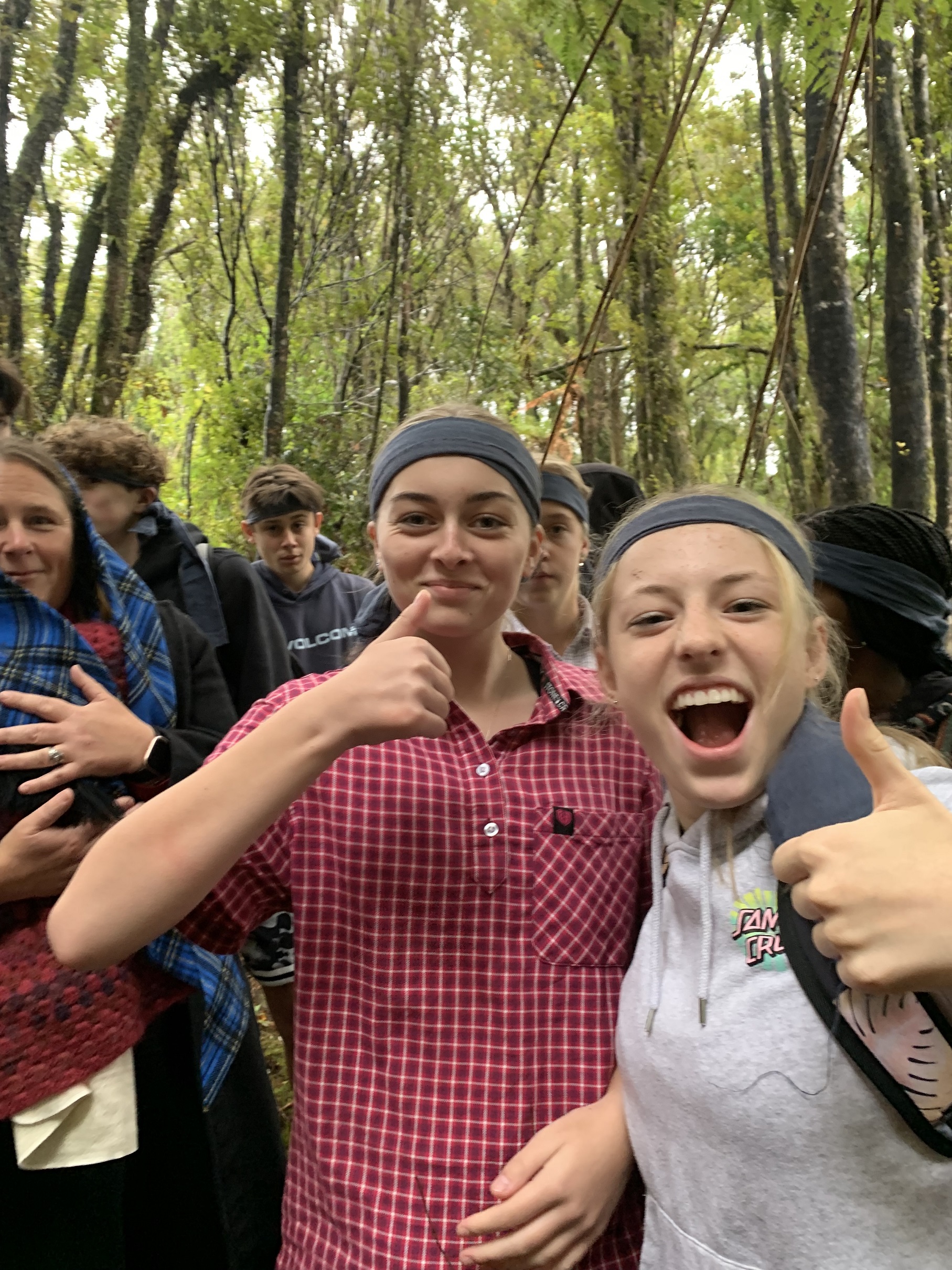
Year 11 Curriculum
Compulsory courses of study for Year 11 students include :
- Mathematics, English, Science, and Religious Studies.
Students must select two subjects from the following group:
- Geography, Design Technology, Drama, Computing, Home Economics, Economics, Graphics, History, Japanese, Te Reo Māori, Physical Education and Visual Art.
Option groups are then worked out in such a way as to accommodate as many students as possible. A strong interest in any other curriculum area may be accommodated if resources are available. All NCEA programmes include both internally and externally assessed units of work and students are able to achieve Endorsement (Merit or Excellence) in all core subjects.
To complete NCEA Level 1, a student needs 80 credits at Level 1 or above. Included in this total must be at least 10 credits in Literacy and 10 credits in Numeracy from selected standards.
Watch this video that explains how NCEA Level 1 works
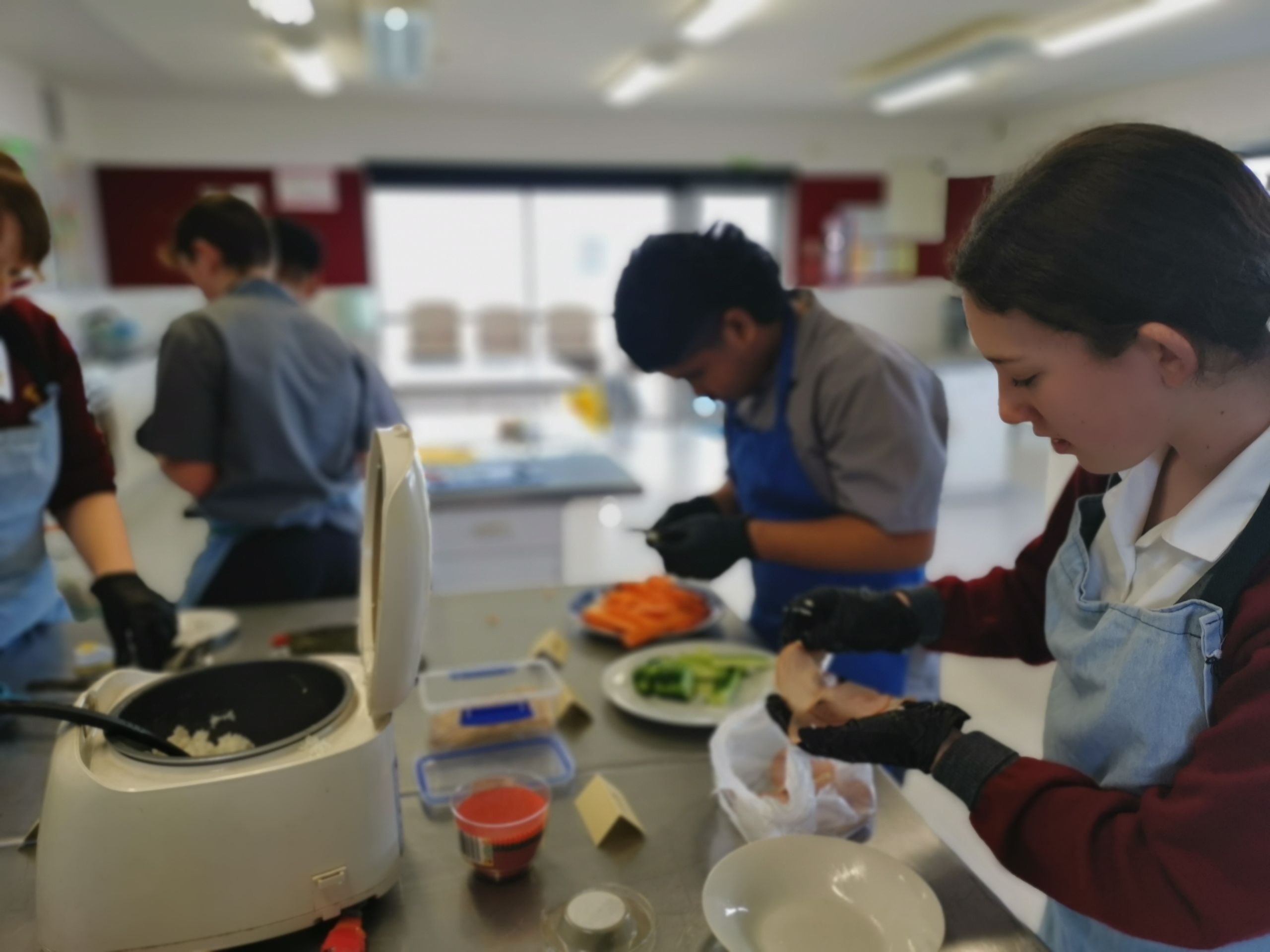
Year 12 Curriculum
To complete NCEA Level 2, a student needs 80 credits of which 60 need to be at level 2 or above. The other 20 can be from any level on the NQF. Level 1 Numeracy and Literacy requirements must also have been met. The only compulsory subject in year 12 is Religious Education.
Year 12 courses of study offered as options include, Mathematics, Alternative Mathematics, Physics, Chemistry, Biology, Geography, Economics, History, Design Technology, Home Economics, English, Alternative English, Outdoor Education, Agriculture (Correspondence), Tourism (Correspondence), Photography, Practical Art, Computing and Te Reo Māori (Correspondence).
Some of the above subjects may be assessed by a combination of Unit Standards and Achievement Standards. A strong interest in any other curriculum area may be accommodated if resources are available and students are able to achieve Endorsement (Merit or Excellence) in all core subjects
Watch this video that explains how NCEA Level 2 works
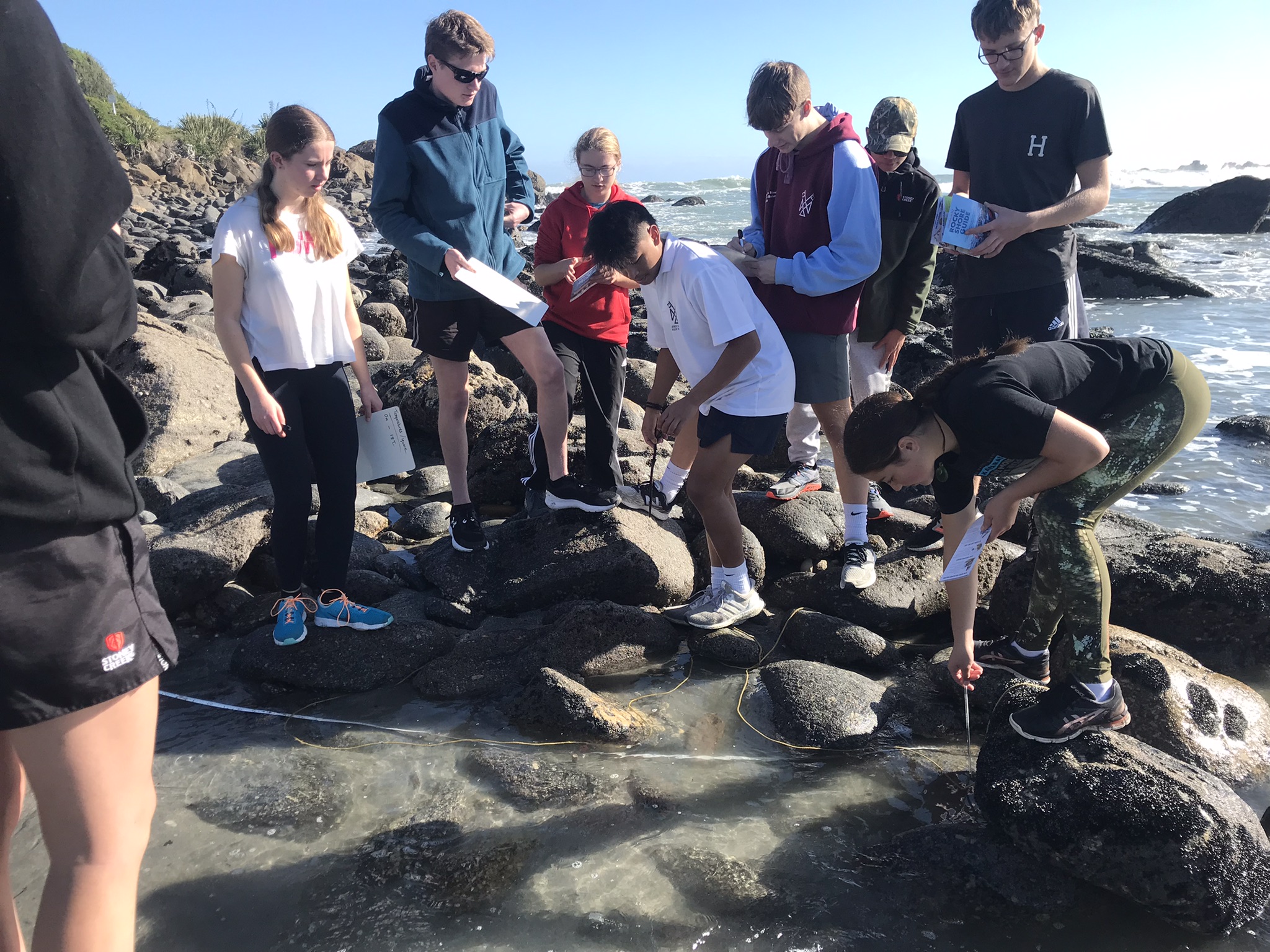
 Year 13 Curriculum
Year 13 Curriculum
To complete NCEA Level 3, a student needs 80 credits of which 60 need to be at level 3 or above. The other 20 credits need to be at level 2 or above on the NQF. At this level the subjects offered are similar to those offered in Year 12. Mathematics splits into Mathematics with Calculus and Mathematics with Statistics but a composite course may also be possible. We also offer a course in English for Academic Purposes for students going on to tertiary study but not wishing to do Level 3 English. Art is offered in Painting, Sculpture, Print Making, and Photography of which students may select up to three. A strong interest in any other curriculum area may be accommodated if resources are available. (Further details of exact requirements are in the Course Booklets issued to students). Students are able to achieve Endorsement (Merit or Excellence) in all core subjects
Requirements for Entrance to University
NCEA Level 3
Three subjects – at Level 3 or above, made up of:
14 credits each, in three approved subjects
Literacy – 10 credits at Level 2 or above, made up of:
5 credits in reading
5 credits in writing
Numeracy – 10 credits at Level 1 or above, made up of:
achievement standards, specified achievement standards available through a range of subjects, or unit standards – package of three numeracy unit standards (26623, 26626, 26627- all three required).
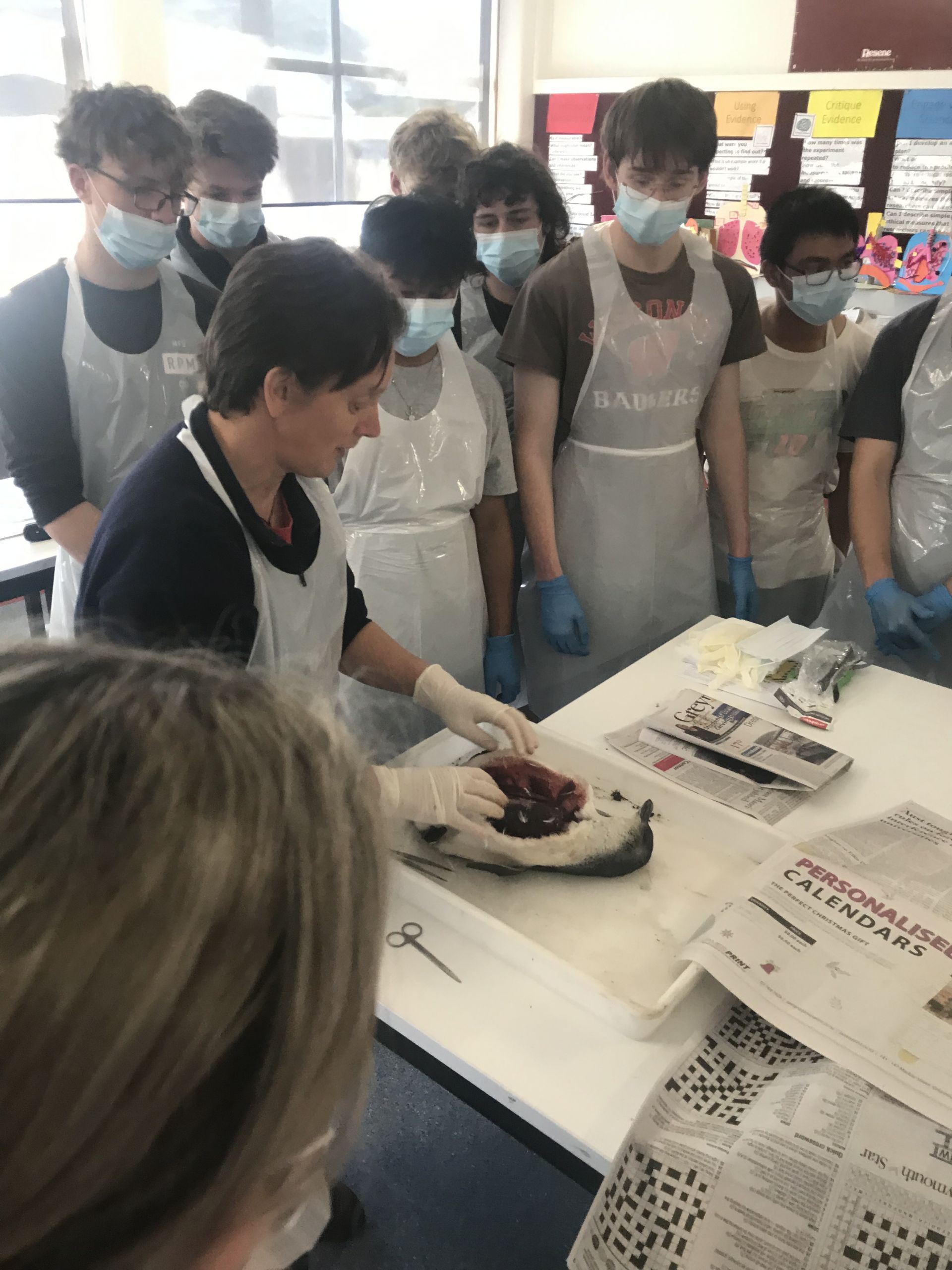
Course Selection Information
In selecting courses, students and their parents should take into consideration, not only the abilities and enthusiasm of the student, but also where each subject leads to in the following year. Students need to check that possible careers have not been blocked because a necessary subject was dropped at a lower level. (See Career Guidance, Jasmine Fitzgerald). Booklets containing information on all school programmes will be issued to students to assist in this area.
In some options the numbers are limited due to resources or safety and, while we will make every effort to place students where they and their parents want them to be, a completely free choice may not be possible. Some students ask to study subjects through the Correspondence School or via Audio Visual presentations from other schools. The Principal will make the final decision regarding such enrolments. Enrolments are then made by Mrs Cook in consultation with staff and parents.
Students may also study a subject through Tai Poutini Polytechnic or other tertiary institutions. Some programmes offer Unit Standard or Achievement Standard credits which may be counted towards NCEA.
Parents have the opportunity at the annual conference day to discuss proposed courses with the staff and in particular to seek information about particular subjects and the relationships between these subjects and possible vocations. In any event, if parents have concerns about the present or possible future effects of continuing a particular subject, then they must contact the school to arrange an appointment with an appropriate member of staff.
Career Guidance
This is available within the school from our Careers Advisor Jasmine Fitzgerald or the deputy principals. Students are also encouraged to discuss tertiary courses with visiting liaison officers. Year 12 students have the opportunity to visit the annual Christchurch Careers Expo and talk with representatives from a wide variety of tertiary providers and employment agencies.
Learning Support
When a student needs extra support with their learning, we try to meet those needs by assessing the student to discover the areas needing suppor,t and then by designing courses arranged to meet their needs and aspirations. Assistance with organisational and life skills is available to students needing support in these aresa. We look at the needs of the individual and try to meet them. These considerations also apply to gifted students.
Learning Support Coordinator: Jude Smith
Teacher in Charge of Gifted and Talented education: TBC
Star, Gateway & Trades Academy Courses
These courses provide students with opportunities to study tertiary level or specialised courses. This is to help improve the transition from secondary school to tertiary education and employment, and is subject to funding provision. Examples of these courses include mechanical engineering and building (Tai Poutini Polytechnic), pre-training for the hospitality industry and tourism. Students are required to have documented career goals which will benefit from STAR-funded year-long courses or they may apply for short-term courses to assist in their decision making. Years 9 & 10 complete a work shadowing day each year.
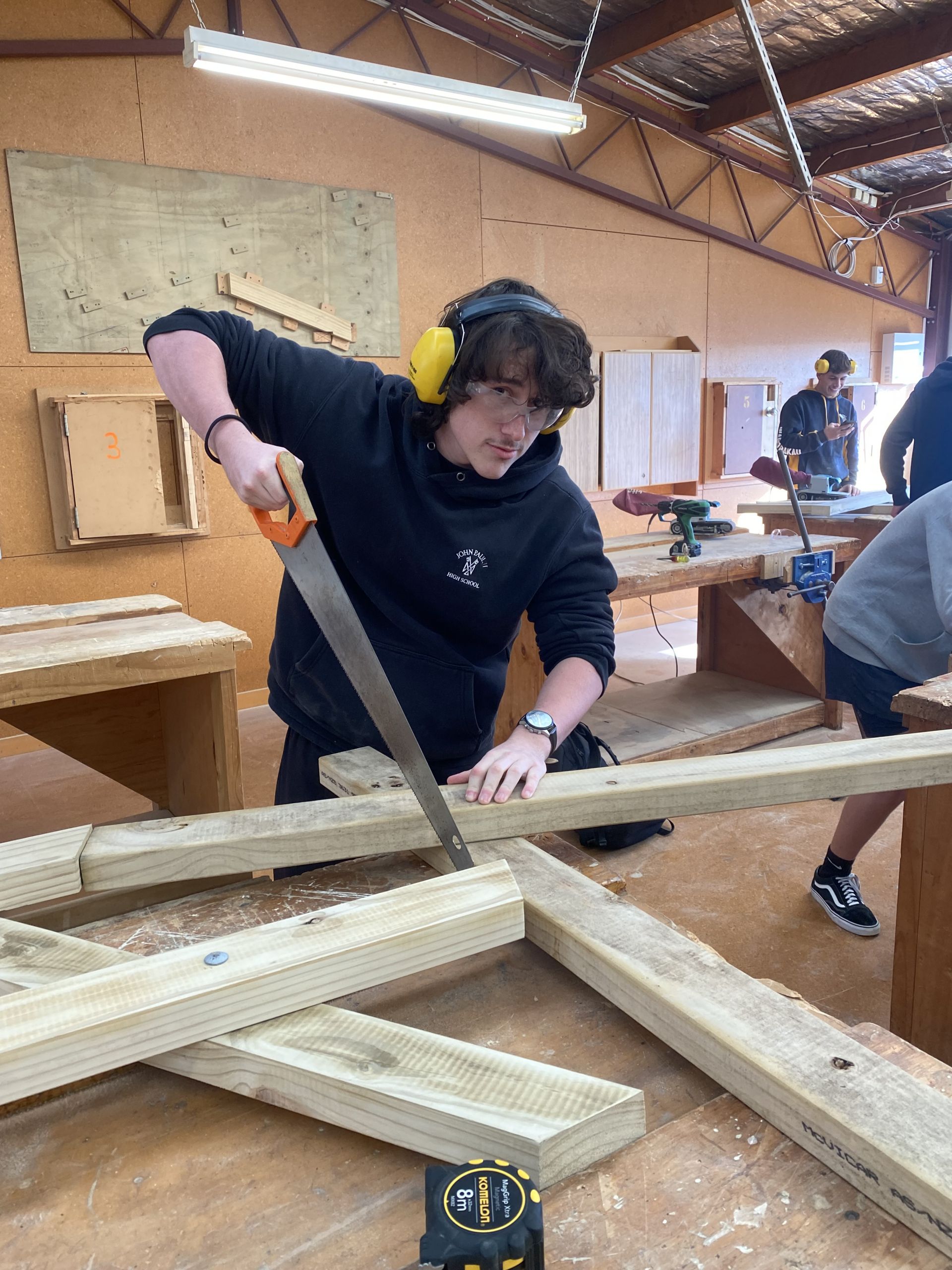



 Year 13 Curriculum
Year 13 Curriculum